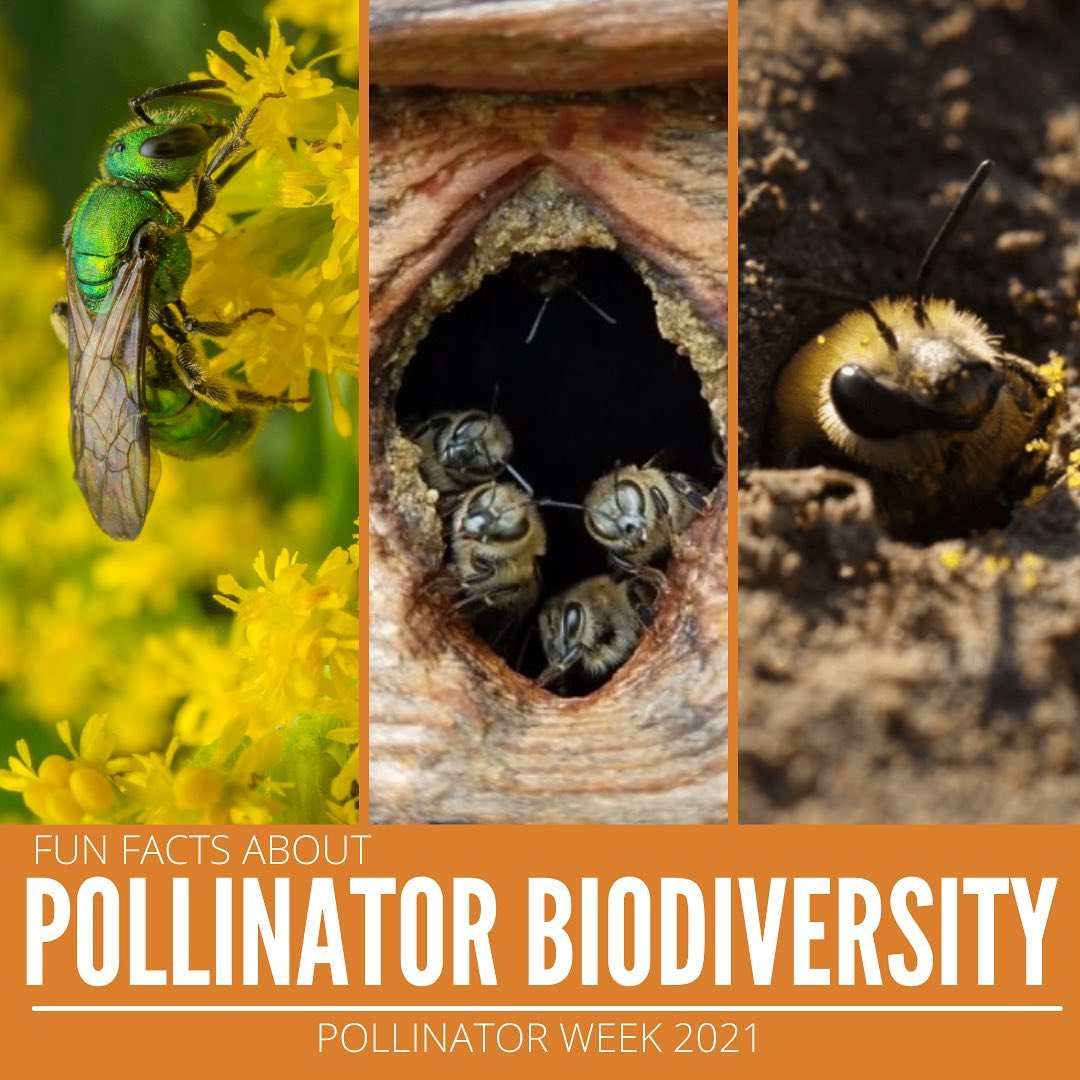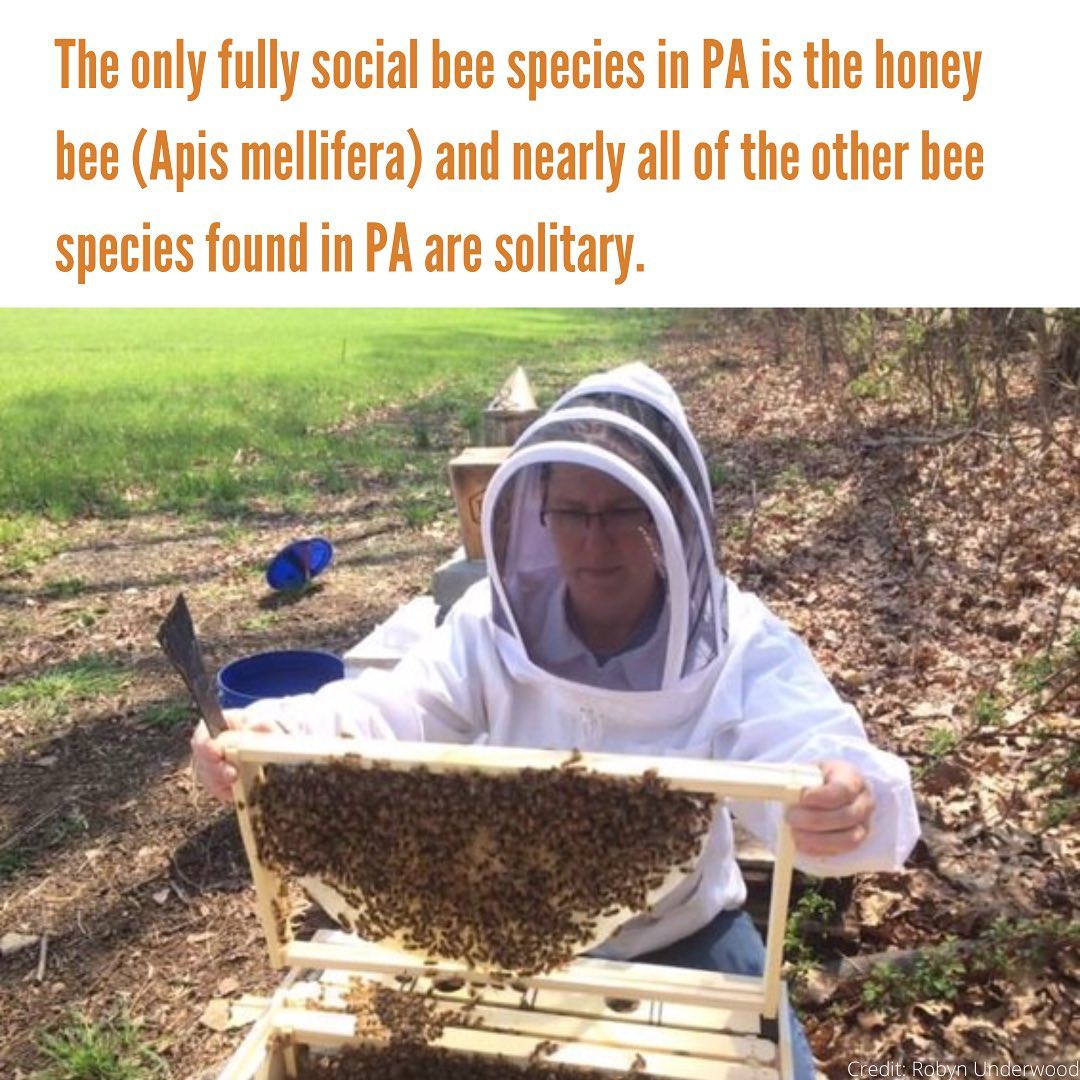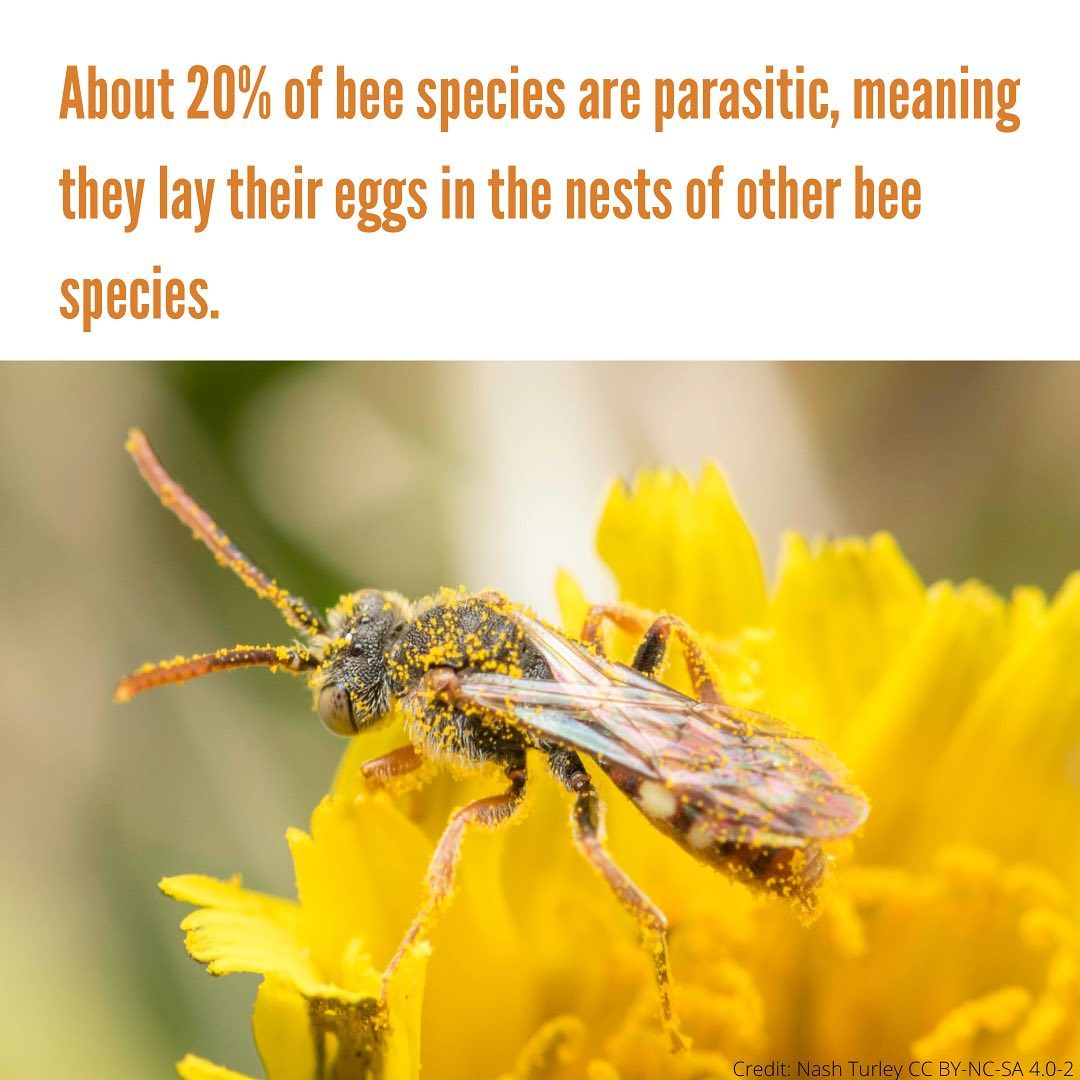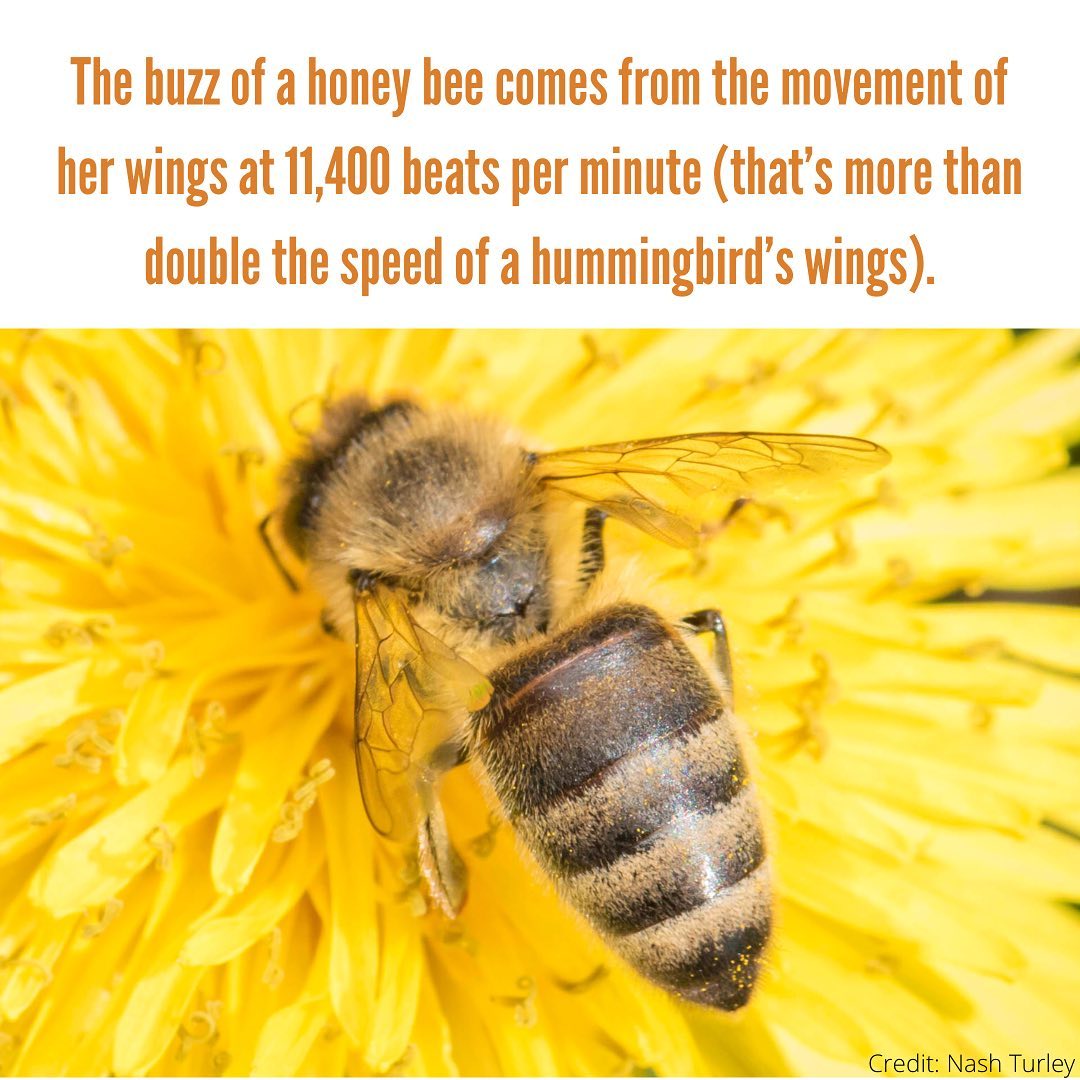
For day 4 of #PollinatorWeek2021 we are going to look at bee biodiversity.
Below is a thread giving just a small taste of the vast variety of shapes, colors, and behaviors among the more than 20,000 bee species in the world.
#PollinatorWeek
1/n
Below is a thread giving just a small taste of the vast variety of shapes, colors, and behaviors among the more than 20,000 bee species in the world.
#PollinatorWeek
1/n

In Pennsylvania there are over 400 species of bees, in the US there are over 4000.
A survey of the general public found that "only 14%
of people were able to guess within 1000 the actual number of bee species in the US" digitalcommons.usu.edu/cgi/viewconten…
#PollinatorWeek2021
2/n
A survey of the general public found that "only 14%
of people were able to guess within 1000 the actual number of bee species in the US" digitalcommons.usu.edu/cgi/viewconten…
#PollinatorWeek2021
2/n

Roughly 70% of bee species nest in the ground, that's true around the world, and here in Pennsylvania.
#PollinatorWeek #PollinatorWeek2021
3/n
#PollinatorWeek #PollinatorWeek2021
3/n

Here is a ground nesting cellophane bee (Colletes inaequalis) sitting in the opening of her nest she excavated herself. She will provision chambers with a packet of pollen, each will get a single egg, so much work! Photo by @NashTurley
#PollinatorWeek #PollinatorWeek2021
4/n
#PollinatorWeek #PollinatorWeek2021
4/n

The vast majority of bees around the world are solitary, each female bee will lay eggs. The only fully social species in PA is the honey bee. Other bees with some levels of sociality are bumble bees and some sweat bees.
#PollinatorWeek #PollinatorWeek2021
5/n
#PollinatorWeek #PollinatorWeek2021
5/n

Eastern carpenter bees (Xylocopa virginica) are somewhat social. Sometimes groups of females will excavate holes in wood all in one location and the males will defend the nests. Photo by @NashTurley
#PollinatorWeek #PollinatorWeek2021
6/n
#PollinatorWeek #PollinatorWeek2021
6/n

About 15-20% of bee species are parasitic, meaning they lay eggs in the nests of other bees. They are signs of healthy bee communities because parasitic bees are often the first to disappear when habitats are lost or degraded.
#PollinatorWeek #PollinatorWeek2021
7/n
#PollinatorWeek #PollinatorWeek2021
7/n

Parasitic bees often look somewhat wasp-like. Because they do not gather pollen themselves they tend to not have the fuzzy hairs that help other bees carry pollen. Photo of Coelioxys dolichos from Florida by @NashTurley
#PollinatorWeek #PollinatorWeek2021
8/n

#PollinatorWeek #PollinatorWeek2021
8/n


Masked Bees (genus Hylaeus) tend to look wasp-like as well, but they are not parasitic, but they are unique in that they carry pollen inside their mouth/body rather than with hairs.
Photo by albertcardona CC BY-NC inaturalist.org/observations/8…
#PollinatorWeek #PollinatorWeek2021
9/n
Photo by albertcardona CC BY-NC inaturalist.org/observations/8…
#PollinatorWeek #PollinatorWeek2021
9/n

Many bee species are highly specialized feeders meaning that they only gather pollen from 1 or a few closely related plant species. Photo of cactus flower specialist Lithurgopsis gibbosa by @NashTurley
#PollinatorWeek #PollinatorWeek2021
10/n
#PollinatorWeek #PollinatorWeek2021
10/n

Sadly about 1/2 the bees that have been studied are declining.
That conclusion comes from a systematic survey of the research papers by Center for Biological Diversity: biologicaldiversity.org/campaigns/nati…
#PollinatorWeek #PollinatorWeek2021
11/n
That conclusion comes from a systematic survey of the research papers by Center for Biological Diversity: biologicaldiversity.org/campaigns/nati…
#PollinatorWeek #PollinatorWeek2021
11/n

Some bees are declining due to human changes over time while others are not. For example Bombus pensylvanicus are declining dramatically while B. bimaculatus are doing fine. See study in PNAS: pnas.org/content/pnas/1…
Photos @NashTurley
#PollinatorWeek #PollinatorWeek2021
12/n

Photos @NashTurley
#PollinatorWeek #PollinatorWeek2021
12/n


• • •
Missing some Tweet in this thread? You can try to
force a refresh












